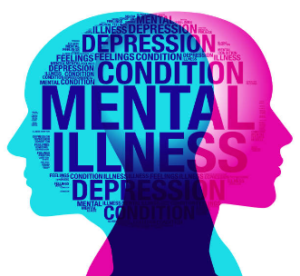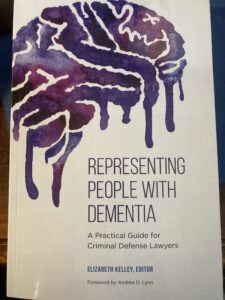BOP Mental Healthcare: Levels I-IV
| Medical Healthcare | Mental Healthcare |
|---|---|
|
Before making any initial designation decision, The Designation and Sentencing Computation Center staff assess each inmate’s provisional CARE LEVEL from I to IV. BOP institutions also have a Mental Healthcare (MH) CARE LEVEL assignment, reflecting the mental healthcare resources available. The Designation and Sentencing Computation Center (DSCC) designates those inmates with Medical and Mental Healthcare CARE LEVEL I-II. The Office of Medical Determinations and Transportation (OMDT) will make the designation decision for inmates with Mental Healthcare, CARE LEVELS III-IV. Unfortunately, the BOP is not equipped to provide any meaningful treatment for the following underlying disorders (to mention a few) – for example:
As medical staffing differs from one facility to another, and if the care is available within the BOP, this may necessitate a transfer to a facility further away from their home. If your client is approaching Dementia or is currently being treated, Published by the ABA, Fay Spence, Esq., and I am proud to have contributed two chapters regarding REPRESENTING PEOPLE WITH DEMENTIA
We are not Attorneys; you need Legal Representation.
It is incumbent upon the legal defense team, in preparation for their Presentence Interview, to work with the court to get their client designated appropriately should there be an accurate ICD MH diagnosis that would require greater care. Through my story, this video explains why finding the right attorney for you is important. Although this is your life-altering event, preparation and Knowledge of what you are about to do could still result in a positive outcome. Knowing that the DOJ has a 98% conviction rate, what is a positive outcome for you? Learn from my experiences through my video. NEW Reentry Act legislation is introduced that expands access to health care, including mental health services and substance use disorder treatment, for Medicaid-eligible individuals 30 days before their release from jail or prison. Senators Tammy Baldwin (D-WI) and Mike Braun (R-IN), 3/30/2023 If You Suspect You’re The Target of a Federal Investigation | Before The Presentence Interview (PSI) | After The PSI – But Before The Sentencing Hearing | or After Sentencing or You’re Already Incarcerated – There Are Still Things – At All Levels, We Can Do. -Marc Blatstein We are not lawyers; you need legal representation. |
|


